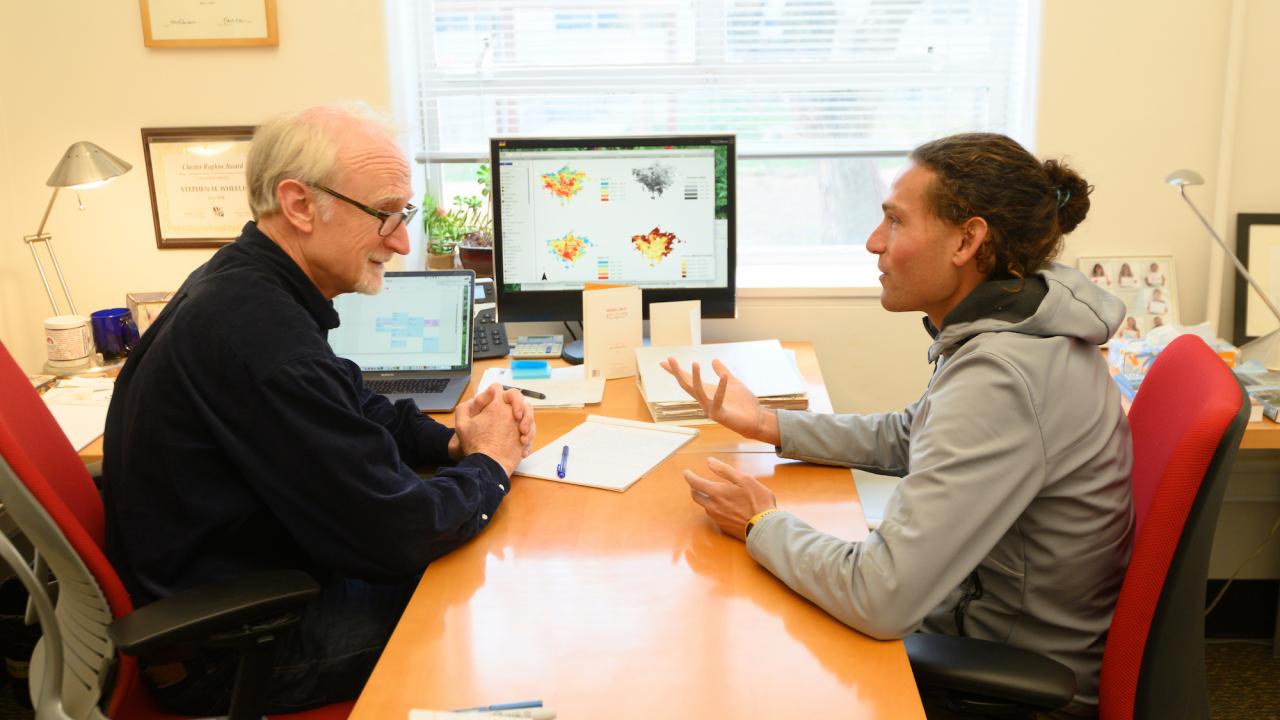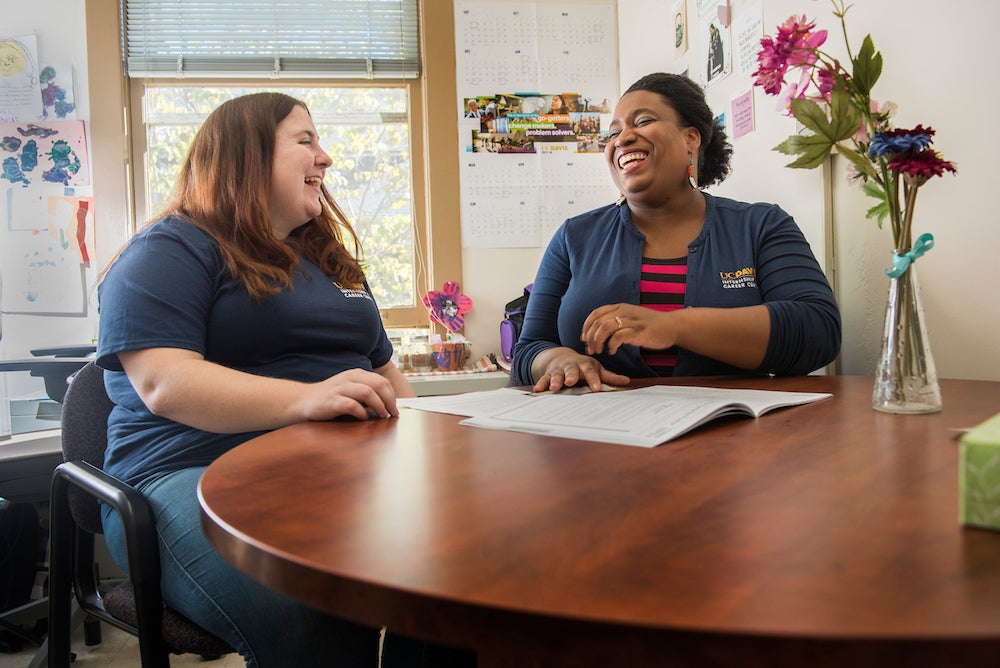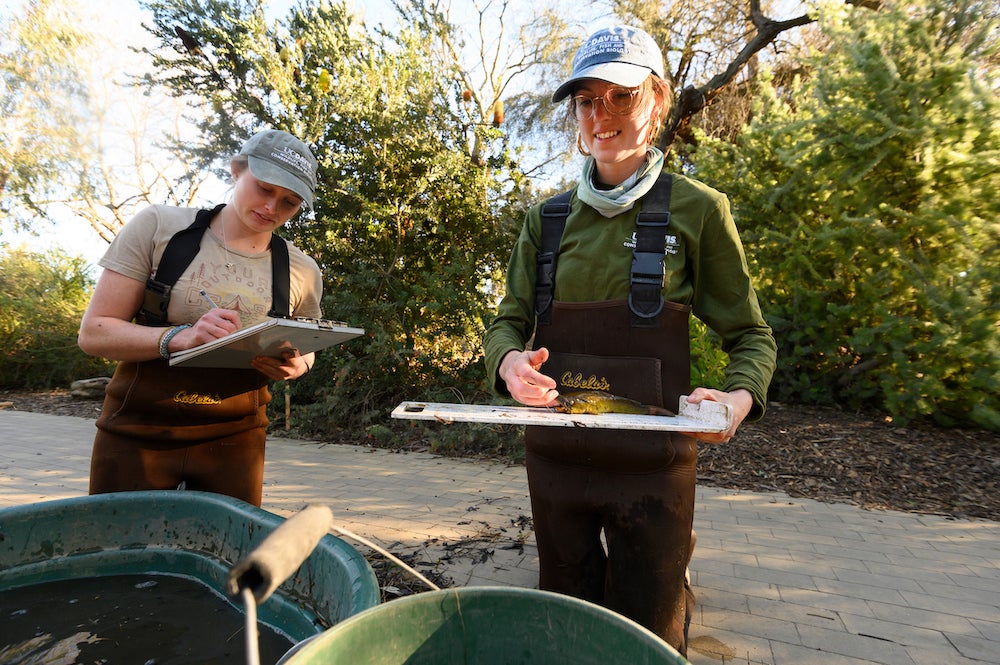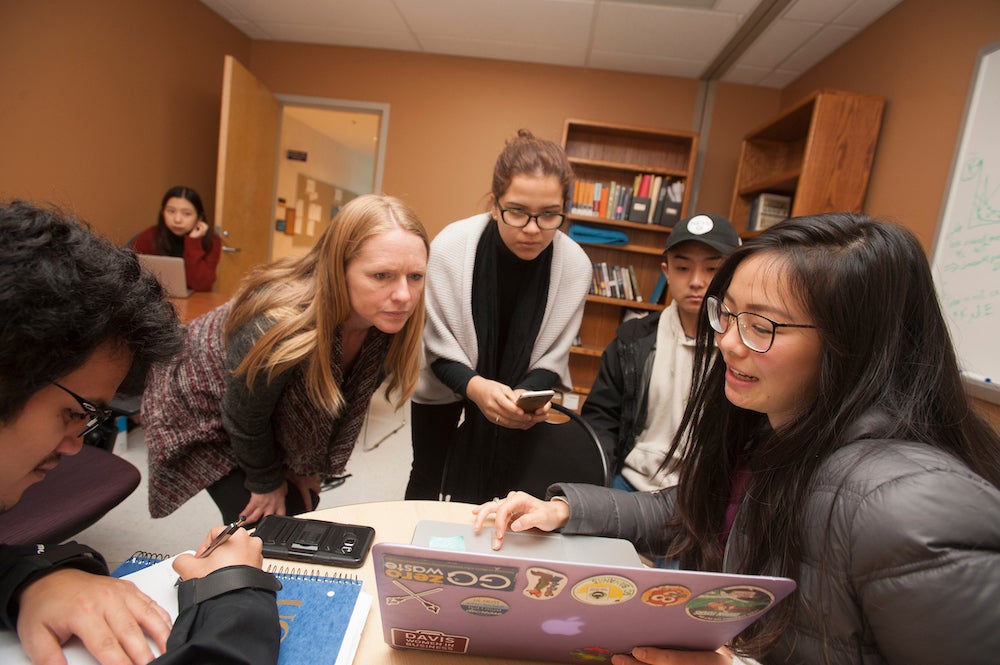

As you embark on your graduate school admissions process, strong letters of recommendations are a crucial part of your applications. These reference letters are often written by individuals who are familiar with your academic work and interests. As such, they can highlight your potential for success in a graduate program and contribute significantly to your admissions application.
Unfortunately, requesting and receiving letters of recommendation can be a lengthy process. Additionally, most graduate programs require more than one letter, so it’s important to identify a strategy, develop relationships, and establish a timeline early in your graduate school admissions process. Below we’ve outlined a few tips to help ensure strong letters of recommendations from your professors.

Your letters of recommendation should come from individuals who know you well. Ideally, these people are professors who have evaluated your work in upper-division courses or can comment on your research and professional potential . If it’s been a few years since you’ve graduated from college, it’s appropriate to ask supervisors in your career, though it’s also worth reaching out to professors you were close with as an undergrad. Regardless of who you ask, you want them to write a strong letter of recommendation, not something generic, so it is an advantage to find someone who is familiar with you, your experiences, and your goals.

It’s important to identify potential letter writers well in advance of the admissions process when applying to graduate school. This will give you the necessary time to build relationships that will help ensure your recommenders will provide strong letters in your favor. Create a list of five potential writers who you would like to ask for a recommendation. While most graduate programs at UC Davis require only three letters, it’s good to have backups. Focus on professors who have areas of expertise that are relevant to your graduate education interests.
Connecting with faculty members is key to securing a strong letter of recommendation. There are multiple ways to build a strong professional relationship with your professors. Consider trying the following as part of your strategy to secure a letter of recommendation:
Request letters of recommendation at least one or two months in advance of your admissions deadline. It’s important to ask in a timely manner to give recommenders plenty of time to write. It’s also important to make the request personal. Ask to meet with your professor, either virtually or in person, to discuss your plans for graduate school.
Phrase your request this way: “Would you feel comfortable writing me a strong letter of recommendation for graduate school?” This will provide them with an opportunity to answer honestly if they feel they would not be a good choice.

Give your recommender supporting documentation about what makes you a strong candidate for graduate school. This will help them write a stronger letter. This information can include:
Additionally, you should check in with your letter writer as your deadline approaches to ask if they have received their letter of recommendation request and if they have any questions about submitting the recommendation online. Since many graduate school applications only accept letters of recommendations online, you will also want to explain how to submit the letter electronically.
Always thank your professors for taking the time to write a letter of recommendation. A handwritten thank you note is a personal and thoughtful way to say thank you, but an email will also suffice. It’s also nice to keep your letter writers updated on your application process, especially if you’ve been admitted to the program of your choice.
Although it can be daunting to ask for these letters, remember that your professors are where they are because others wrote them letters of recommendation. They were once in the very same spot as you! Furthermore, it is an expectation of their profession that they provide letters of recommendation for the students they teach.
For more information on how to prepare for graduate school, visit the UC Davis Office of Educational Opportunity and Enrichment Services .
Special thanks to Josephine Moreno, Ph.D., Graduate Diversity Officer for the Humanities, Arts, Social Science, and Education programs, for her contributions to this article.
Heidi Kerr works as the content and media manager at UC Davis’ Graduate Studies. She has worked as a communications professional at multiple higher education institutions and is passionate about promoting student success.